Bisphosphonates work by inhibiting a cell called an osteoclast. This cell is responsible for breaking down and resorbing minerals like calcium from bone. By inhibiting this cell bisphosphonates slow down bone resorption helping to strengthen your bones.
Like all medications bisphosphonates pose certain risks, one of those risk being Medication Related Osteonecrosis of the Jaw (MRONJ). This happens when the jawbone doesn’t heal or repair itself after certain dental procedures such as a dental extraction, implant placement, and surgical periodontal therapy.
It is important to minimise your risk of MRONJ if you are prescribed bisphosphonates by your doctor. Steps to minimise your risk are outlined below:
- Before you begin your bisphosphonate treatment, seek a full dental examination to ensure that you do not require any dental treatment that may lead to MRONJ. If any treatment is required, it is advisable to allow a sufficient amount of time for healing between completing treatment and beginning bisphosphonate therapy. Your dentist and/or doctor may be able to advise you best on time frames.
- Maintain good oral hygiene and oral health when you are taking bisphosphonates and after you have finished this medication. The effects of bisphosphonate drugs can last for several years after you have stopped treatment. Brushing twice daily with a fluoride containing toothpaste and cleaning in-between your teeth with dental aides such as floss or interdental brushes is vital to maintaining a clean mouth.
- Regular dental visits, it is important to attend you dentist regularly. Your dentist will advise you how often you need to attend based on your risk profile. By attending your dentist regularly, you can prevent oral disease such as dental decay and gum disease from occurring. Early intervention with appropriate treatments can also be conducted if necessary to minimise the risk of dental extractions.
It is vital that you inform your dentist or dental care professional if you are prescribed bisphosphonate medications.
